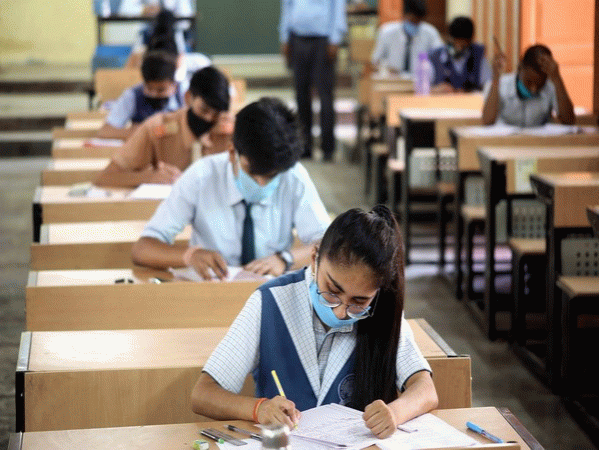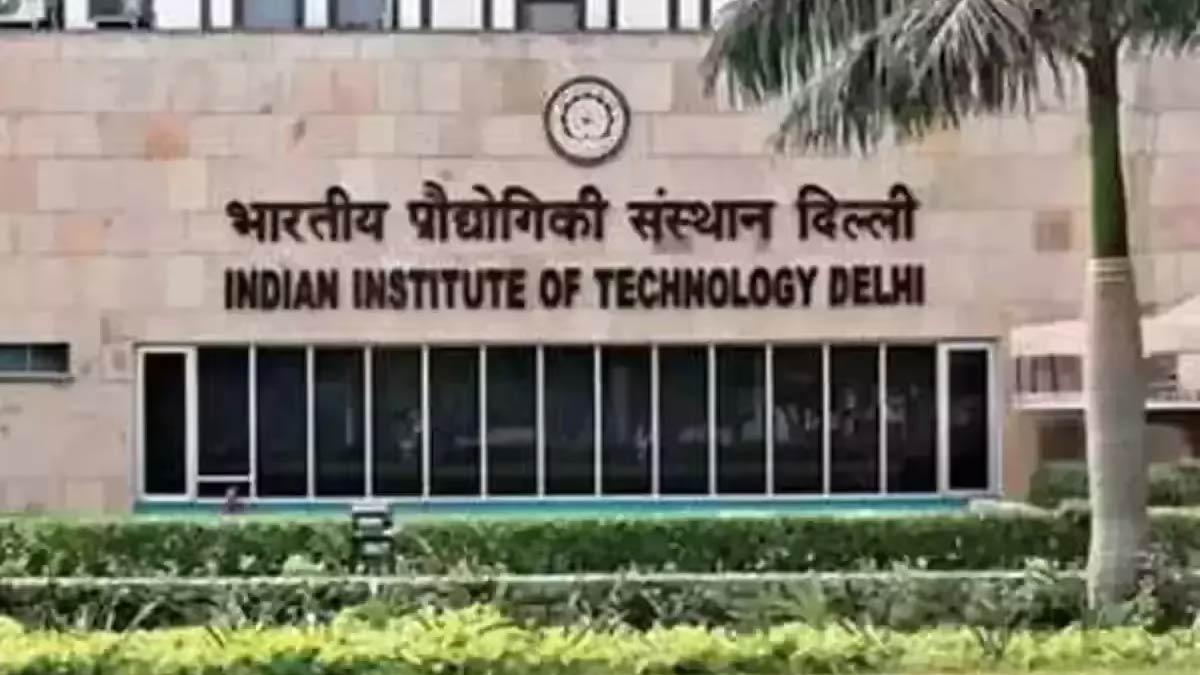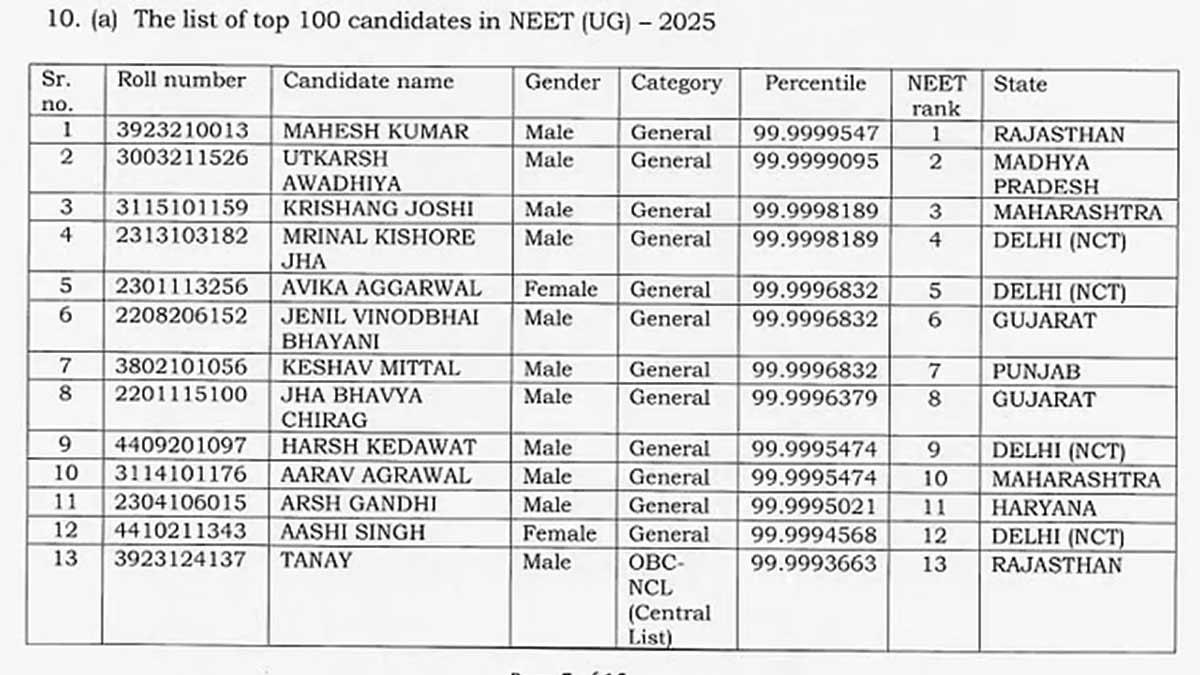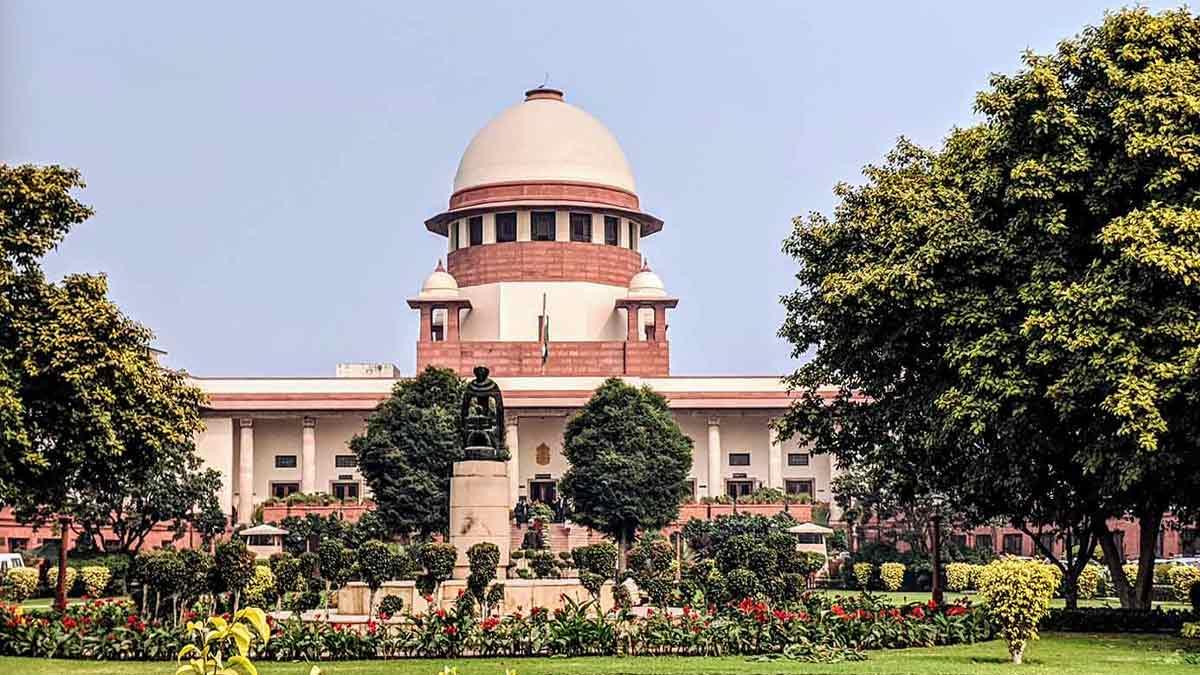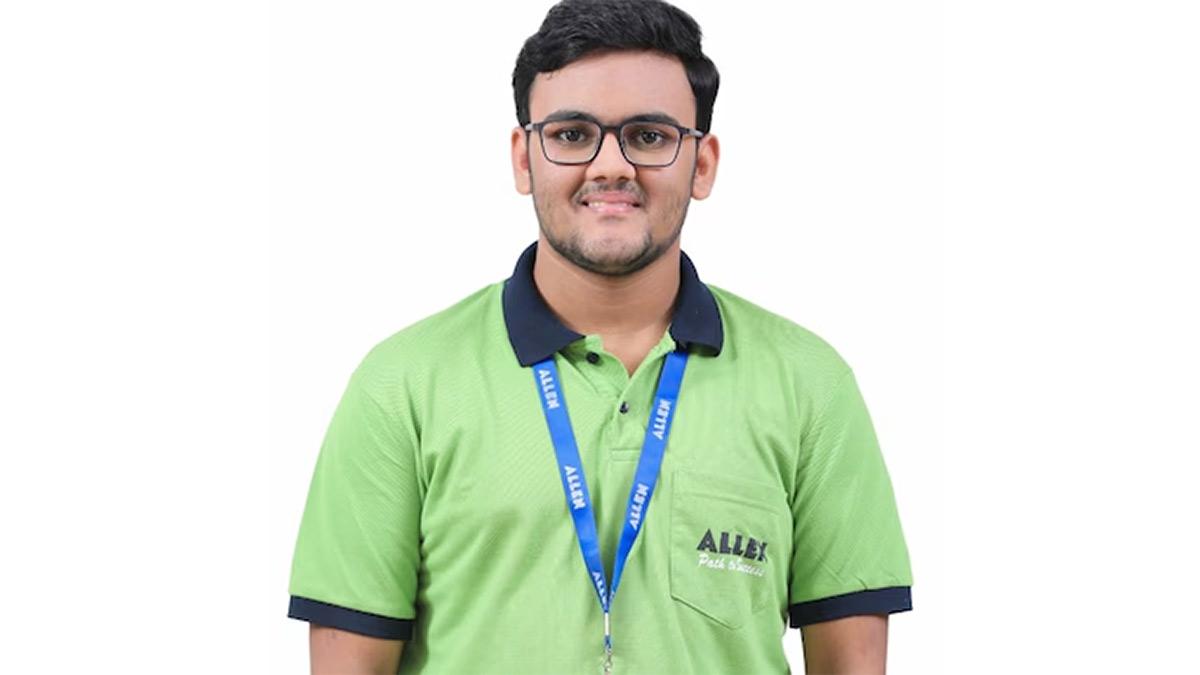With the Covid-19's emergence in the national capital, schools were the first public institutions to have been shut down at the beginning of 2020 and for the last two years now, children have been confined to the four walls of their homes, struggling to match up the learning pace of the pre-pandemic times.
On March 19, 2020, the Delhi government ordered for the first time the closure of all government and private schools in the city for teaching and non-teaching staff till March 31 in view of coronavirus, and postponed all exams. It is however, important to note that March-April -- the time at which the schools in the national capital along with those across the nation were shut down -- was the time when they were conducting the final examinations that then paves way for the new academic year.
While the final exams of classes, other than Class 10 and 12, were cancelled, the board students were left hanging when their exams were postponed. It was only after 19 months of closures that schools were reopened on November 1, 2021 for all classes with 50 per cent student strength, and classes continuing in the hybrid mode.
Also read| BHU starts course in Hindu studies
During this time while parents complained about their struggles to keep their children busy, both teachers and students struggled with the online mode of education with a significant percentage of students not even having access to the internet or financial backing to afford a good-quality smartphone. Eighty-four per cent of the households in the capital have internet connectivity, but only 25 per cent of children enrolled in schools had access to education when their schools closed down, according to a survey conducted during the first lockdown of 2020 by LIRNEasia and the Indian Council for Research on International Economics Relations (ICRIER).
A study by the Azim Premji Foundation showed that almost 60 per cent of school children in India cannot access online learning opportunities.
About the challenges faced by teachers and students after schools were reopened in November, 2021, the Principal of Springdales School told IANS: "The aptitude of the students, especially those of the primary class students, has been affected sorely due to the pandemic-induced lockdown. In a way they have missed out on the social skills as they were accustomed to doing things in a certain manner before Covid-19. First day was really as if they were lost, followed by hesitancy and fear as to how things will go on from here.
Seema, parent of a 12-year-old student of Sardar Patel School and member of parents' association said: "It has been a while since children have stepped outside of home or been anywhere without a family member. Classes three days a week with 50 per cent attendance is a good idea. This pandemic has affected the mental and emotional health of all of us and children after being confined to homes have lost touch with the outside world. As a parent, I am anxious to send my child to school but we have prepared them accordingly and will start sending them to schools from next week onwards."
Also read| CBSE set to conduct Class 10, 12 phase-2 board exams amid Covid surge
"Children have not just missed on social, reading and writing skills but they have also forgotten what they had studied up until now. During online classes, teachers used to give quite a lot of homework or some kind of art and craft and activities that could not be done without parents' involvement. All this proved to be more challenging for working parents and those with more than one kid," she added, citing her own example.
Post the reopening of schools in Delhi in November, on December 3, 2021, the Delhi government again announced their closure till further orders because of an increase in the air pollution levels - after the Supreme Court pulled it up for resuming physical classes in schools amid a rise in the air pollution levels in the city.
Earlier, on November 13, Chief Minister Arvind Kejriwal announced that schools will be closed for a week so that students can be kept away from breathing the polluted air. This closure was extended beyond one week as the air quality in the city did not improve significantly.
On November 24, despite recording 'very poor' air quality, schools were allowed to reopen for physical classes. Parents had mixed reactions to the decision.
In mid-December, the Commission for Air Quality Management (CAQM) gave its nod for the reopening of school after the city started recording a slightly improved Air Quality Index (AQI). The Delhi government had announced that physical classes for class 6 onwards would be resumed from December 18.
However, barely a week later, the schools were again shut down to prevent the spread of Covid-19 amongst children in the wake of the rising cases in the national capital due to the emergence of the new Omicron variant.
On Saturday, Deputy Chief Minister Manish Sisodia said that as cases in the national capital are on decline and a majority of higher classes' students have been vaccinated against the disease, the Delhi government will soon place a proposal before the DDMA for the reopening of schools.
If the Delhi Disaster Management Authority (DDMA) approves the state government's approval, the exams would be conducted timely -- bringing respite and sense of uniformity to the lives of students, parents and teachers affected by the pandemic.

